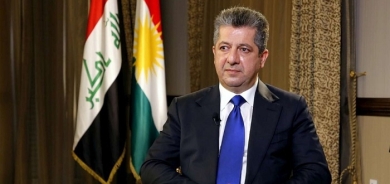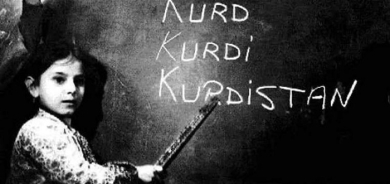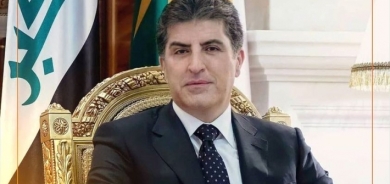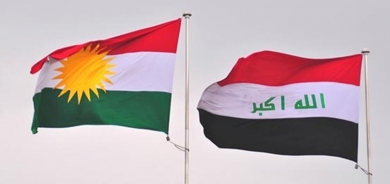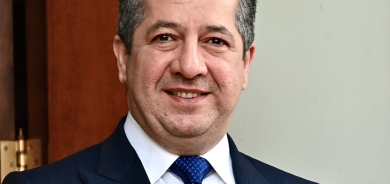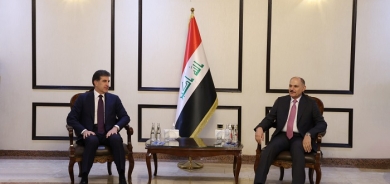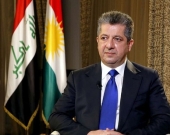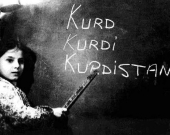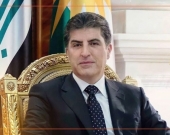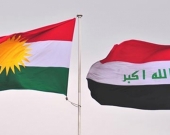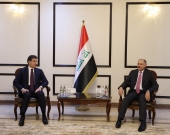Jordan's prime minister quits suddenly
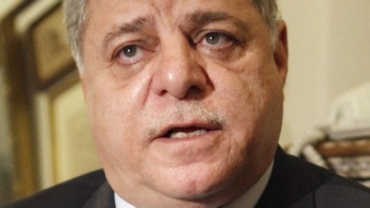
Jordan's efforts to maintain stability in the face of the turbulence of the Arab spring suffered a new blow on Thursday when the prime minister resigned – the third time this has happened in the last 18 months.
Awn Khasawneh submitted his resignation without warning after six months in office following a backlash against proposed electoral reforms in the western-backed kingdom that were seen by critics as an assault on civil liberties. A statement from the royal palace said the resignation had been accepted, without elaboration.
His replacement is Fayez al-Tarawneh, who was prime minister in the late 1990s. Jordanian responses to the news suggested it would not be seen as a significant change.
In his public appearances, King Abdullah has acknowledged pressure for reform in the spirit of protests across the Middle East and north Africa but he has been widely criticised for failing to set a timetable to allow the formation of governments based on a parliamentary majority.
Over the past 15 months Jordanian demonstrators have demanded political and economic changes, official accountability and an end to corruption.
Overwhelmingly peaceful protests have never seemed to threaten the regime. But Jordan's problem is that, unlike Saudi Arabia, it does not have the financial resources to buy off dissent.
"Jordan will seem 'stable', until it's not. And then it will be too late," commented Middle East analyst Shadi Hamid of the Brookings Doha centre on Twitter.
Labib Kamhawi, a Jordanian analyst, predicted that the resignation would increase pressure on the king to bring in reforms. "There will be increased tension between the palace and popular movements seeking reforms," Kamhawi told AP.
In a recent report the International Crisis Group criticised Abdullah's responses. "The king has shuffled cabinets and then shuffled them again, using prime ministers as buffers to absorb popular discontent," it said. "He has charged committees to explore possible reforms, but these remain largely unimplemented."
A draft election law limited the number of seats that opposition parties can hold in parliament. It was supplemented by a proposed ban on political parties that have been established on a religious basis. Both these moves were seen as targeting the Islamic Action Front, the political arm of the Muslim Brotherhood and Jordan's leading political party, which – like its equivalent in Egypt – would probably gain power in any free and fair election.
Opinion formers hold politicians in low regard. "The state of the Jordanian parliament today reminds me of the Dead Sea," commented blogger Naseem Tarawnah. "It's the lowest point on earth, it's a body of water where nothing can survive, and it continues to recede every year, causing an increasingly dire situation. The events in parliament that have transpired in the past few days and weeks have come to demonstrate the degree to which our parliament has hit rock bottom."
Source: Ian Black, Middle East editor guardian.co.uk,

